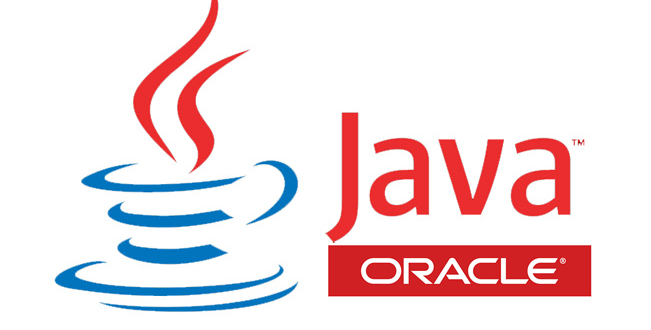Java SE

This category will hold articles for Java SE and Eclipse.
I think Java can be a lot of fun, since it already delivers a lot out of the box.
People who develop Java APIs usually give it a lot of thinking and work.
Java EE in comparison to Java SE can be described as a huge collection of Frameworks and API developed around Java SE.
Java EE is not a stand-alone programming language, but based on Java SE.
If you have to replace a String in some text based on a regular expression because you only know parts of the text to replace, grouping regular expressions becomes very handy.
Explanation
How to group regular expressions? Simple. Place round brackets around the groups of interest. In below example I want to replace the text in between the two Strings "haha".
"start hahaa text to replacehaha end"
In order to get the text of interest I first build a regular expression matching the whole String.
"haha.*?haha"
Using this regex I would only receive the full String including the embracing Strings, but I want to retrieve or replace only the unknown text in the middle. In above example "a text to replace".
- Hits: 5000
In case you need to show some web pages in an embedded browser in a Java Rich Client application you can use an SWT component of Eclipse.
This makes it quite easy, if you cannot use JavaFX 2.0 yet in order to do the trick because the client computers are running on older Java versions.
Source Code
- Hits: 4869
This class is meant to collect static methods for applying simple or more complex operations on strings.
If a String operation requires more than one line of code it should be located in this class for reusability. However it should only be placed in this class, if it really is reusable for other methods and classes. Very content specific operations are therefore excluded from this class or have to be generalized by providing appropriate parameters.
- Hits: 4948
Subcategories
JavaFX and e(fx)clipse Article Count: 5
This category provides articles regarding JavaFX as well as e(fx)clipse as this seems to be a good start to deal with JavaFX.
JavaFX has been around for some time now and Oracle is currently triying to enforce it as new standard for Java Rich Client Applications.
Regarding to a developer I know it has had some improvements over the years and it looks like it is going to be a try out worthy successor of AWT (Java), Swing (Java) and SWT (IBM).
However Oracle is trying to push this somewhat new technology into the market for some time now, it has not yet been accepted by the Java community.
Root cause for this seem to be the following reasons.
- Companies are not asking for Rich Client Applications, but there is a trend for developing Web Applications. Therefore motivation to use anything like AWT, Swing, SWT or JavaFX is low except for private purposes. However JavaFX supports Mobile Applications, which is a big market. Since integration with mobiles is asked by companies as well for web applications and older technologies not supporting it, I can understand Oracle not wanting to provide support for it anymore.
- Programmers are lazy. If you give them something completely new to learn, it takes quite an effort to get to a stage where you are as fast as using already known technologies. The standard platform for Java development, eclipse is still not providing the same comfortable "what you see is waht you get editors" for JavaFX as it is providing for the older technologies. Until eclipse is not deprecating support for Swing and older technologies like SWT and AWT they will be used by programmers.
I did some research one the internet regarding JavaFX so far but I will try to write more articles in the future about it as I intend to write little tools for myself in Java. For this I of course do not want the hustle of maintaining a JEE server all the time. Therefore JavaFX is intersting for me but I am far from beeing an expert, so try it yourself.
Eclipse SWT Article Count: 2
Groups articles regarding eclipse SWT.
Apache POI Article Count: 4
A category to collect articles around Apache POI.
Java Architecture for XML Binding (JAXB) Article Count: 3
Java Architecture for XML Binding (JAXB) provides a fast and convenient way to bind XML schemas and Java representations, making it easy for Java developers to incorporate XML data and processing functions in Java applications. As part of this process, JAXB provides methods for unmarshalling (reading) XML instance documents into Java content trees, and then marshalling (writing) Java content trees back into XML instance documents. JAXB also provides a way to generate XML schema from Java objects.
Page 8 of 11

